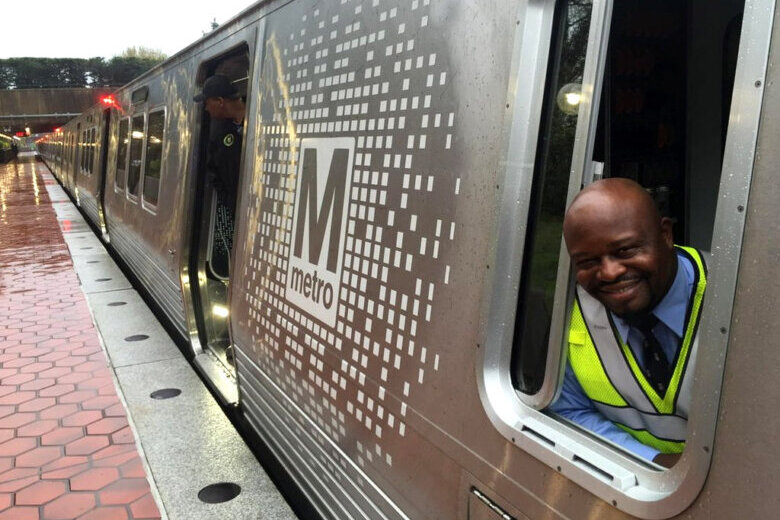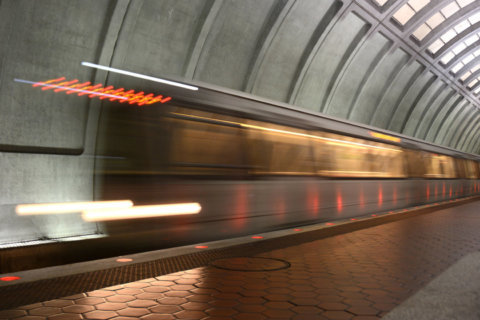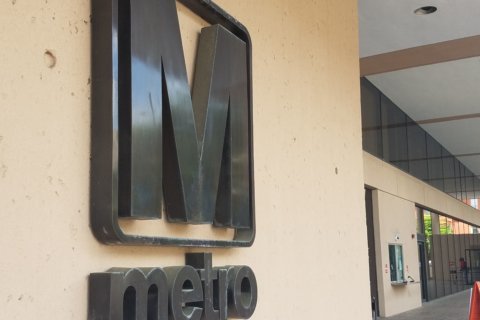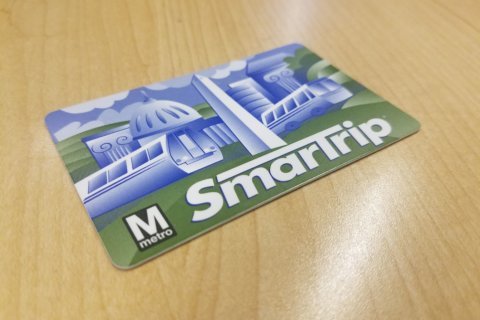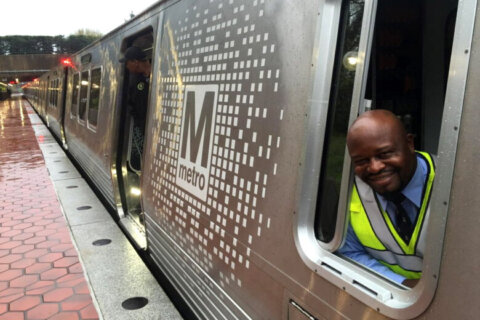
WASHINGTON — Metro reported fewer smoke and fire incidents in its most recent fiscal year than in the year before.
Overall, Metro’s fiscal year 2018 performance report covering July 2017 through the end of June 2018 lists 82 smoke or fire incidents compared to 98 in the same period a year earlier.
The number of arcing insulators dropped from 53 to 39 and the number of nonelectrical fires like trash catching fire on the tracks dropped from 41 to 35.
Cable fires, which can be more serious, rose though from two to five. There were no recorded cable fires from February through June.
There was a spike in fires in May of this year when there were eight arcing insulators and five other smoke or fire incidents, the most combined since 15 total last July.
At that time, Metro blamed heavy rains for part of the increase. There has not been a similar dramatic spike in the recent wet weather though.
“It’s so many things that we’re doing to try to minimize the potential of that,” General Manager Paul Wiedefeld said.
“Water mitigation up on the Red Line, the extra hours that we have to maintain the system where we can get out there and clean drains and things like that is very important. … I think overall, yes, the trend is moving that way that if you get out there and maintain it and you put the investment in there then you can reduce these things, and that’s what we’ve been doing,” Wiedefeld said.
The water sealant work on the Red Line is still technically a pilot program. The sealant work has a three-year warranty.
7000 Series cars
After a recent lengthy halt to deliveries of new railcars due to electrical wiring concerns and a lack of new barriers to address risks for visually impaired riders, new 7000 series cars are now arriving again on Metro property, Wiedefeld said.
The last of the 748 railcars is now expected to arrive by the end of next year.
The new trains already represent about half of the Metro fleet, and new arrivals will allow Metro to soon finish retiring middle-aged 5000 Series cars that break down more frequently than others in the fleet.
The 5000 Series went 50,589 miles between breakdowns that caused a significant delay in the 12 months that ended in June.
As of June 30, 7000 Series cars averaged 141,914 miles between those breakdowns.
The 7000 Series contract called for the cars to be running 200,000 miles between delays by now, a target that was hit in March, May and June of this year.
Metro is using the 7000 Series design as the basis for its next order of railcars that are expected to roll out as soon as 2024.
“We’re obviously going to look for things that we learned from the 7000, but, by and large, that’s a very, very good vehicle,” Wiedefeld said.
Proposals are due this winter, and a contract could be awarded by the end of 2019.
Metro plans to buy a minimum of 256 of the 8000 Series cars to replace what are now its oldest cars in operation — the 2000 and 3000 Series. By then, those cars will be around 40 years old.
The contract would include options for up to 544 more 8000 Series cars too.
Changes from the 7000 Series are expected to include new digital advertising screens, the ability to provide announcements over the railcar’s speakers from a remote location, digital rail system maps, charging outlets and better lighting and handholds for standing passengers.

